TEHRAN (Bazaar) – Professor Paul Pillar, who was CIA intelligence analyst for 28 years, says “It is unlikely that Iran will simply drop its demand about the IRGC designation.”
Pillar told Bazaar news agency “It probably will require some face-saving way of dealing with the issue that may involve a compromise, such as keeping the Quds Force on the FTO list while withdrawing the designation on the entire IRGC.”
Following is the text of the interview:
Bazaar: The Wall Street Journal quoted Western diplomats as saying that the European Union had offered to send Enrique Mora to break the deadlock in the negotiations to revive the JCPOA. What is your assessment of this trip?
Pillar: The Europeans have always been important as mediators on issues that divide the United States and Iran. Russia also has played a positive role in that regard, but the war in Ukraine now complicates everything Russia might try to do diplomatically. Mora's efforts in this regard can't hurt and at least have a chance of helping.
Bazaar: According to this newspaper, Mora wants to convince Iran to sign the agreement ‘now’ without removing the IRGC form U.S Foreign Terrorist Organizations (FTOs), and Tehran has not yet responded to accepting this trip. Will Tehran agree to this trip and offer?
Pillar: It is unlikely that Iran will simply drop its demand about the IRGC designation. It probably will require some face-saving way of dealing with the issue that may involve a compromise, such as keeping the Quds Force on the FTO list while withdrawing the designation on the entire IRGC.
Bazaar: Does the word ‘now’ mean signing an agreement on nuclear issues and holding separate talks on the IRGC?
Pillar: That's one possibility, although because the status quo (i.e., IRGC being on the FTO list) is unacceptable to Iran, it probably still wants simultaneous understandings so that it does not look like it gave up entirely on the IRGC issue in order to get back the JCPOA.
Bazaar: The newspaper also reported that the current stalemate in the talks could last for months. What does this mean? That is, the parties may fall short of their positions?
Pillar: One of the possible outcomes of the Vienna talks has for some time been the diplomatic equivalent of a "frozen conflict". I.e., no agreement is reached, and each side says it is still open to talk when the other side has something useful to say, and nobody declares the negotiations formally ended even if not much business is being transacted.
Bazaar: The United States set a deadline at the beginning of the negotiations, but does not set a deadline now. What is the reason for this?
Pillar: The deadline always was artificial. There never was any specific event or threshold on the calendar that gave it meaning. It was just a rhetorical way to try to pressure Iran to make concessions.

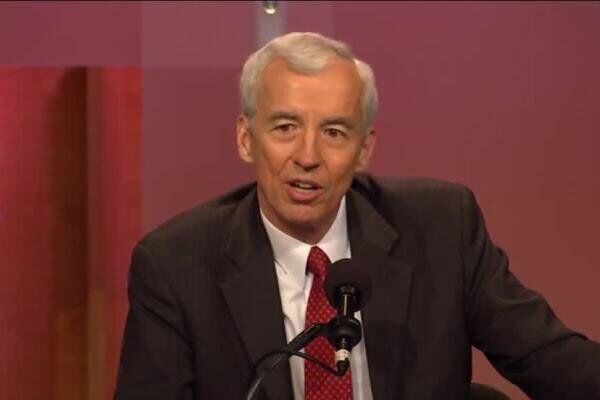








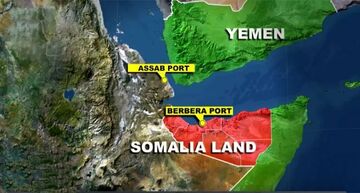
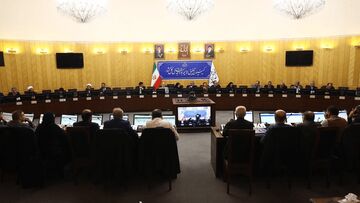


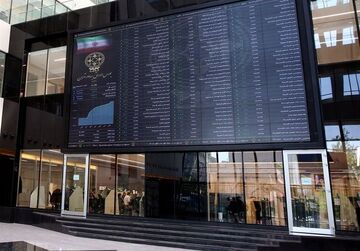
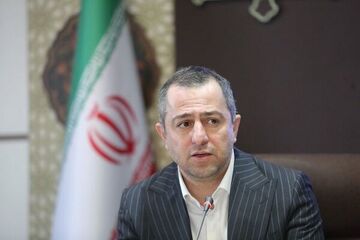
نظر شما